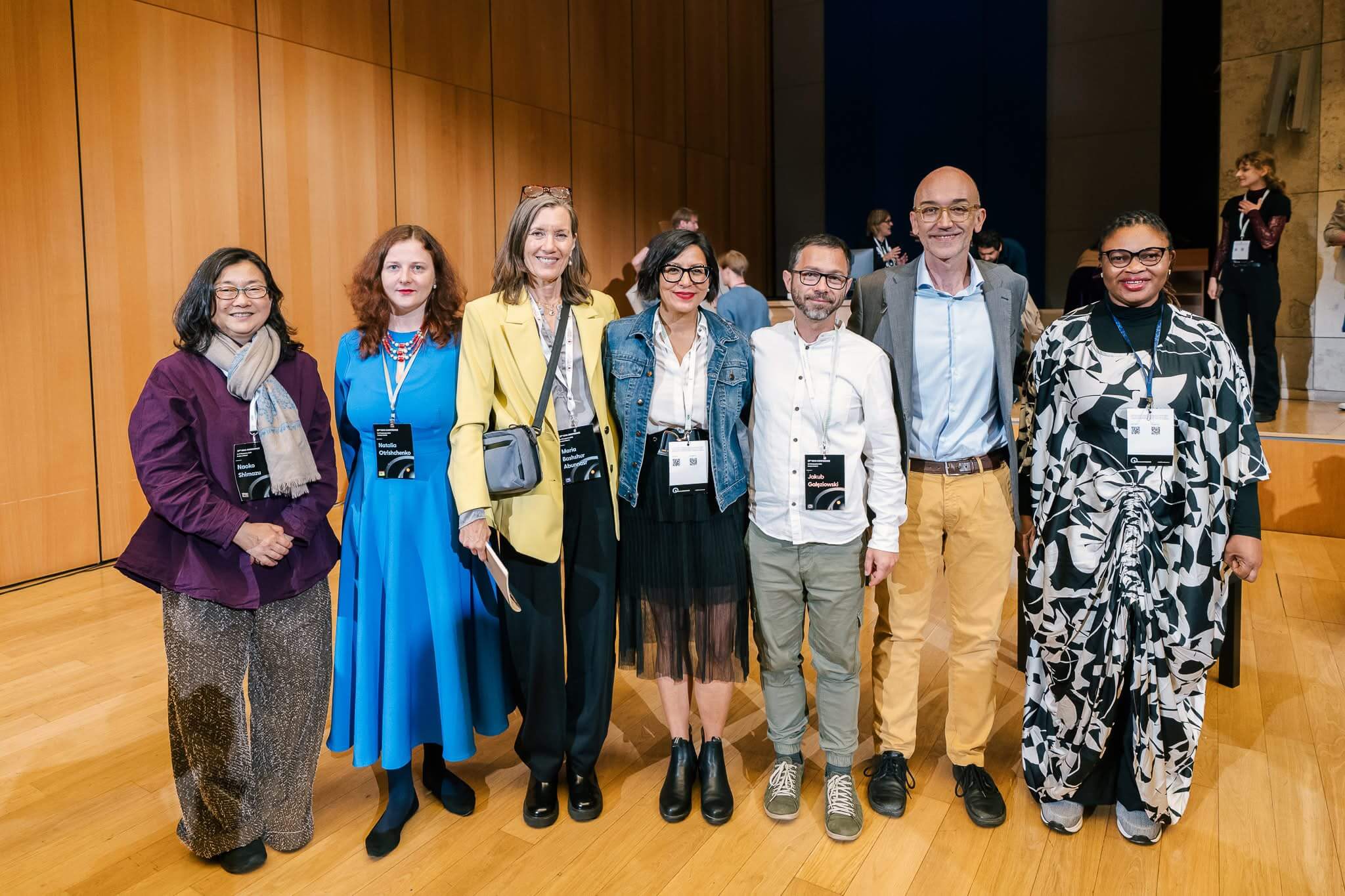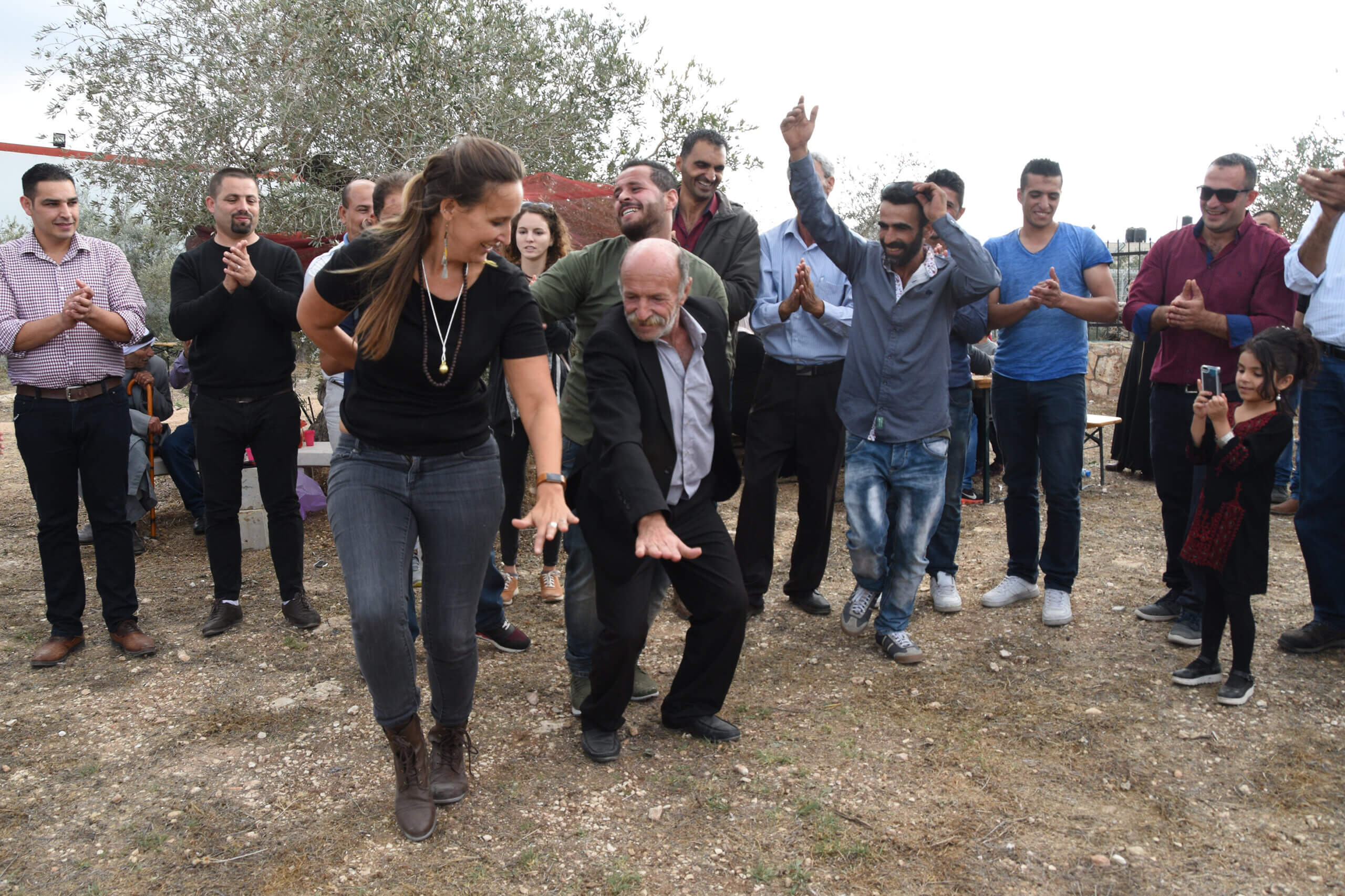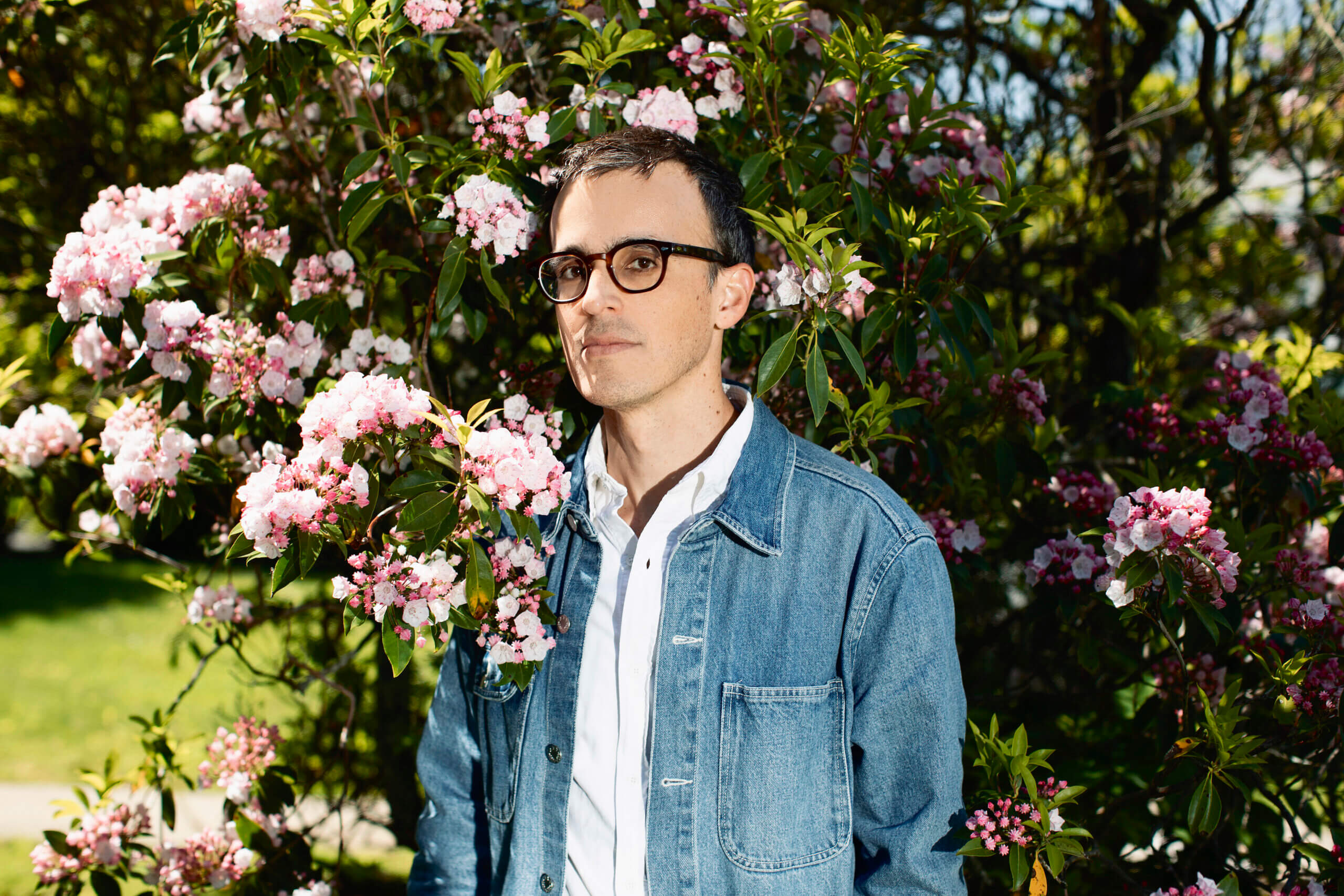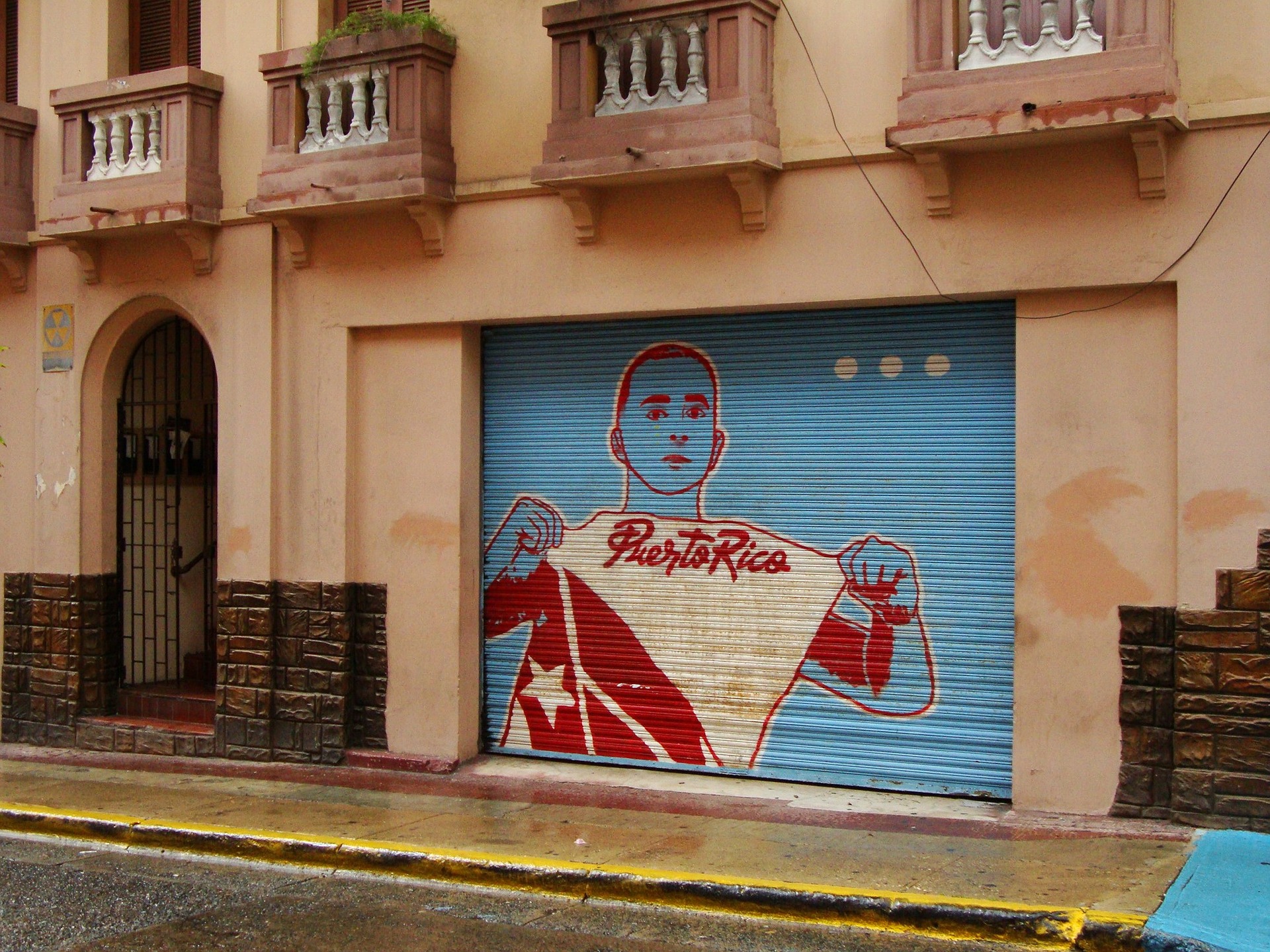
Two years ago, Hurricane María hit the island of Puerto Rico, and today, survivors across the island are still healing.
Electricity goes in and out, buildings remain abandoned, and the lingering stress of recovery has weighed on the mental health of citizens.
But the story of Hurricane María is about so much more than the storm’s destruction. It’s one of strength and community. The people of Puerto Rico have shown the world: Puerto Rico se levanta.
Voice of Witness is working with Dr. Ricia Chansky at the University of Puerto Rico at Mayagüez and more than 100 of her students to collect and amplify the stories of survivors across the island.
Mi María: Puerto Rico after the Hurricane will be published as a part of our book series in 2021, accompanied by an international traveling and digital exhibition featuring these stories.
Today, we are so proud to share an update and behind-the-scenes look at this incredible project. On our new audio series, hear from Dr. Chansky and three of her students, Bryan, Brenda, and Kiara, about the continuing effects of the hurricane, the experience of interviewing other survivors, and the power of the Mí María project.
We also asked Dr. Chansky’s students to share who they interviewed for the project and why. Read what they had to say:
BRENDA FLORES
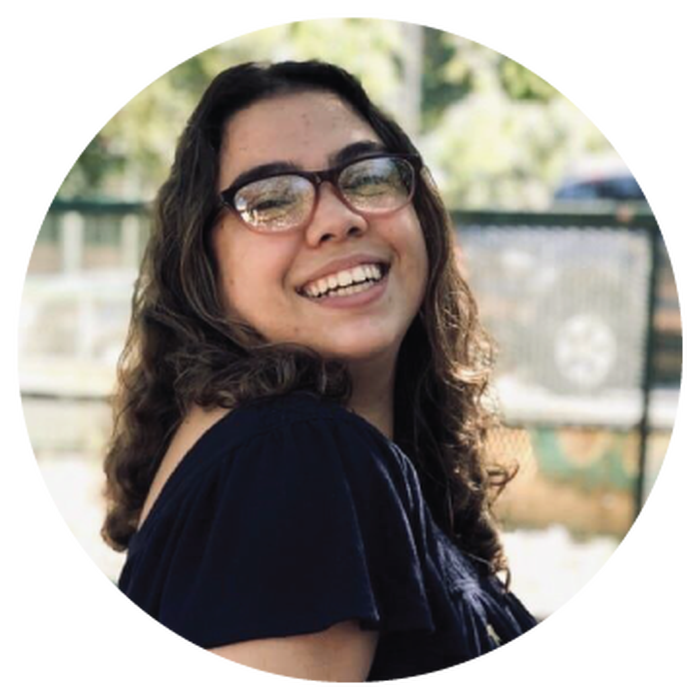
I decided to interview my dad because he’s the only person that has an income in my family. It’s the story of his life and sacrifices as a loving father.
My dad is a salesman. He works for a company called VSuarez Co. that provides food to small municipalities. For him to not be able to work, it was not just the fact that he wasn’t able to bring money to our house. It was also that he knew that the people that live near every place he sold to, they were also not getting food. He’s been doing the same thing for twenty three years but it wasn’t until I interviewed him that I realized this is more than just his profession.
My family has five people and we live in a two-story house. My grandfather is a dialysis patient and during Hurricane María he went five days without his treatment. My dad watched his father almost die in front of his eyes.
When we started talking, I started to see Hurricane María through my dad’s eyes. One of the most important things in his mind was his father. This was worse than anything that we’ve been through. He didn’t know how we’d overcome this if we went more than a week without electricity.
I can say now we have this beautiful insight into how we got to survive, and how my grandfather got to survive without getting his dialysis. This story is a magnifying glass into the life of patients on dialysis during such a horrendous hurricane.
KIARA RIVERA
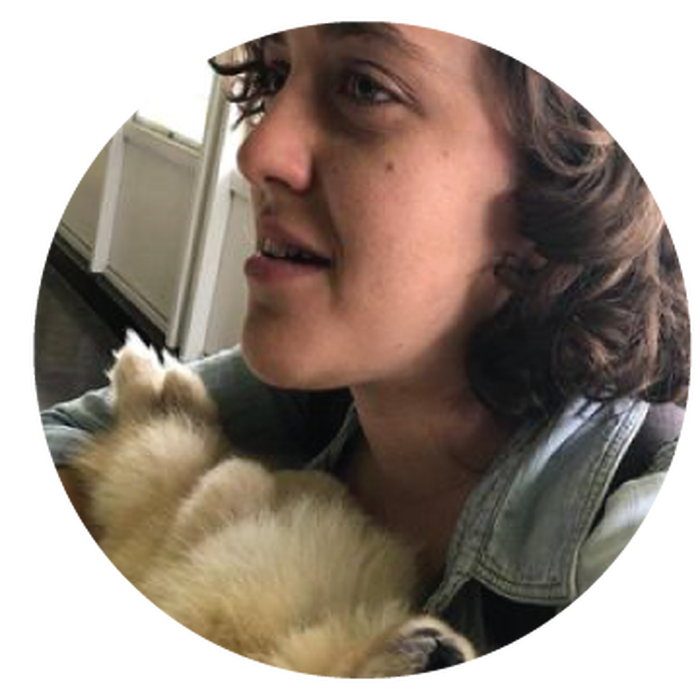
I interviewed a distant family member, Isabel, who lives in Arecibo with her husband and her husband’s brother up on a mountain. When the hurricane started, they became trapped in the house.
They all huddled in the tiny dining room, which was the only part of the house that had an actual cement roof. As things started getting worse they saw the rest of the rooms of the house just being washed away by the rain. The roof came down, everything just got ruined, and everything got wet, and and all the rooms just came crumbling down.
The part that was most shocking was that she had a pacemaker, and as things started escalating she could feel the vibrations of the hurricane. Her pacemaker started giving her little electrical shocks.
She was panicking, and one of the only things she had in the dining room was this pillow. She kept pressing it to her chest to calm down. She was in this state of shock, and she just stayed like that.
BRYAN RAMOS
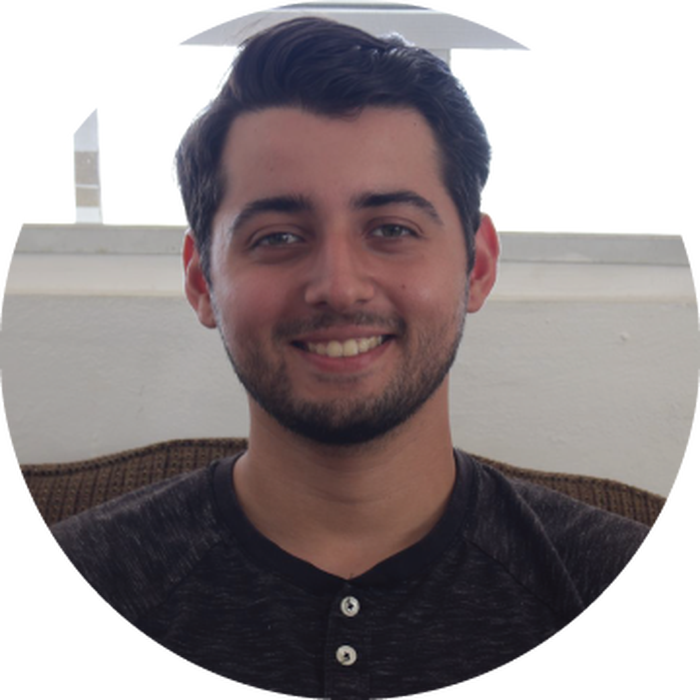
In my case, I knew immediately who I was going to interview: my father. He’s a police captain in Arecibo. His narrative concentrates on first responders in the course of the hurricane—and how he balanced being a father and a family man, and being the chief to many people.
First responders, our first line of defense in the local sector, don’t get enough credit for what they did. Police officers worked twelve hour shifts during the hurricane, and most stayed in the precinct because they worked in different areas and different municipalities. They didn’t get to see family for about a week. Many of them were fathers, many of them had elderly parents. These stressful lives do not get properly represented in the news.
We see our police officers not necessarily as people, but one entity. You see the uniform, you don’t see the face. The relationship with the police today is not as strong as it was in the hurricane because of all the political unrest. People had a really high regard for the police because they were the first line of defense. But now I see a shift in how people think about them. I think my father’s story helps to shed light on those kinds of matters.

